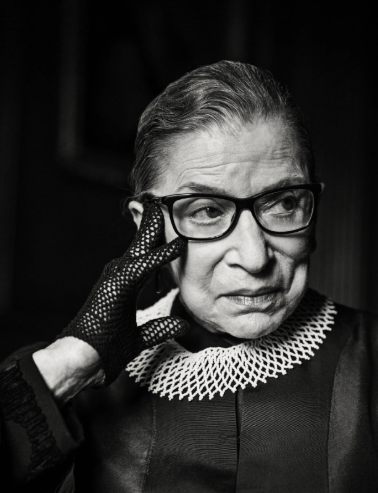On the Polarized Nature of the Abortion Question
- Wyatt Rice

- Oct 6, 2023
- 3 min read
Updated: Mar 18, 2025
Since the 6-3 decision in Dobbs v. Jackson Women’s Health Organization, the right to safe abortion has been in flux for millions of women across the United States. Multiple states instantly implemented strict abortion restrictions, once held at bay by the now moot precedent set fifty years ago by Roe v. Wade. Many more states followed suit, and abortion access became scarcer and scarcer in Republican-controlled states.
Now, a year removed from the seminal case, the issue of abortion rights has become a vital issue for Democrats and Republicans alike. Countless elections, most recently in Ohio, have suggested that the question of abortion is a massive turnout driver and usually swings the election to the left. The irony is that while the intent of the Dobbs decision was to “return the issue of abortion to the people and their elected [state] representatives” it seems to have only abortion access a larger national issue. In Ohio, republican legislators held a special election on August 8th to raise the threshold for amending the state constitution from a simple majority (50% + 1) to 60% in an explicit attempt to stop an abortion rights referendum on the ballot in November. That attempt failed, and the threshold remained the same, but the takeaway for politicians is clear. The election saw huge turnout numbers, especially considering that we are looking at an off-year, mid-summer, single-issue election. Official contributions to campaigns for this issue, total $20 Million, with 84% of it coming from outside the state.
As a consequence of its being thrust into the national spotlight, Abortion has become a tool for lawmakers and candidates, to energize their electorate and drive voter turnout. In a political climate that is increasingly partisan, and in a post-Trump world, the most effective means of doing so is to make an enemy out of the other side. The terms Pro-Life and Pro-choice are used not as real ideas but as battalions in a culture war, that Americans are drafted into by lawmakers of their party. These new unwitting soldiers are told they have a responsibility to destroy the other side, or face being rejected by their political and social groups
Abortion is not the only polarized issue, it is unique in two respects.
First; Abortion is a moral issue. It’s why the question has been asked in America and worldwide for hundreds of years. Questions of life, specifically of the prioritization of some life over others, are incredibly emotionally and morally taxing. Not only that, but religion and personal morality also play a major role in people's opinions on abortion, and while this makes it an excellent political motivator when portrayed as a war against the other, it fuels even more hatred.
Second; Abortion is a complex issue. Political messaging suggests that the two sides of the abortion issue are “kill all the babies up until the moment of birth” or “science is a lie, carry that baby to term even if it kills you.” To a rational outside view, this may seem like an oversimplification, and that’s because it is. Not only that, most Americans don't fall into either of those camps. A Gallup poll in May found that a majority of Americans are in the middle, believing that abortion should be legal under certain circumstances. Forcing voters into a war of extremes may get them to vote, but it also mischaracterizes their own side and the other, furthering political polarization in our country.
If you ask anyone about their opinion on abortion, they would certainly hold that their stance is not intentionally malicious towards anyone. The average Democratic voter is not hell-bent on killing newborns. The average Republican voter is not a religious fanatic seeking to endanger mothers. But in their political parties, egged on by their leaders, mob mentality sets in quickly. Each side needs to win, dehumanizing the other, in an attempt to justify their own radical position, that if isolated they would never subscribe to.
What both sides need is to step away, and view abortion as a societal issue, one that impacts all women equally, republican or democrat. As a moral question that everyone is indeed conflicted with, and not as a black-and-white political issue. Motivations of politicians will naturally pit us against each other, and the only way to heal is to understand that we have been radicalized and that the other side has too. Only then can actual progress be made toward an answer to the question of abortion.
@wyattrice23
Wyatt Rice
Freshman, University of Arkansas



Comments